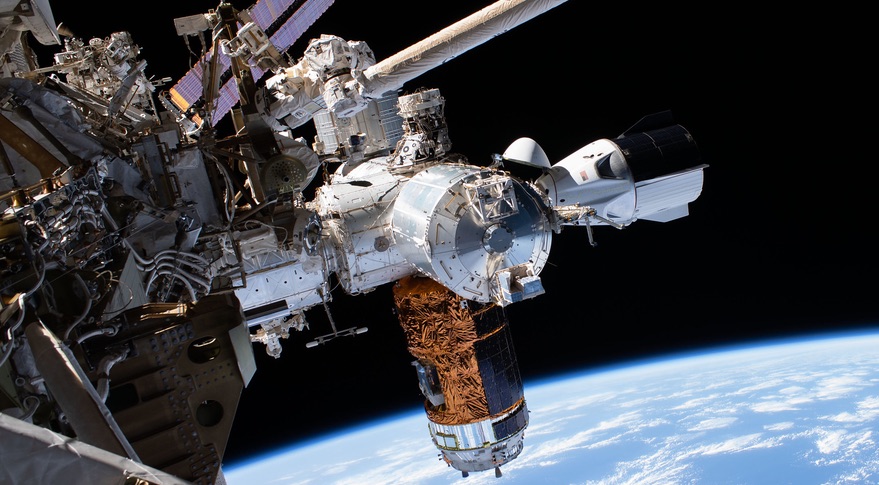WASHINGTON — As a new venture proposes to send the winner of a reality show to the International Space Station, some investors see a stronger business case for a future commercial space station.
A television production company, Space Hero LLC, announced Sept. 17 that it was planning a “global, unscripted casting show” called “Space Hero” that would send the winner to the ISS in 2023. The company released few details about how the show would operate, other than “the first globally-elected space explorer” would get to go to the station.
“Space Hero is the new frontier for the entertainment sector, offering the first-ever truly off-planet experience,” Marty Pompadur, chairman of the company and a former head of News Corp. Europe, said in a statement. “We aim to reinvent the reality TV category by creating a multichannel experience that offers the biggest prize ever, to the biggest audience possible.”
That “biggest prize” comes with a big price tag. The cost of sending a person to the ISS would likely exceed $50 million, a figure that doesn’t include the costs of training or production of the show itself. In a video on the show’s LinkedIn page, Deborah Sass, co-founder of Space Hero, mentioned a “$65 million ticket” for the 10-day mission.
The company has not disclosed how money it has raised so far. “Space Hero is currently in the second stage of fundraising, which is exactly where they should be in the plan and are very comfortable with where they are in the process,” Hannah Walsh, a spokesperson for Space Hero, told SpaceNews. She declined, though, to specify how much they have raised.
There is a long and, to date, unsuccessful history of reality TV shows and related competitions involving space. The best-known effort was “Destination Mir,” a project two decades ago by producer Mark Burnett of “Survivor” fame to conduct a reality TV show with the winner going to the Russian space station Mir. The show failed to get off the ground, though, and the Mir space station was deorbited in 2001.
Space Hero said it’s working with Axiom Space to fly the winner to the ISS. Axiom has previously announced plans for crewed missions to the station as it develops a series of commercial ISS modules that would later form the basis for a private space station. Axiom announced a contract with SpaceX in March for a Crew Dragon mission to the ISS no earlier than the second half of 2021.
NASA’s low Earth orbit commercialization plan announced last June allows for two private astronaut missions per year to the ISS. At a session of the ISS Research and Development Conference Aug. 27, Angela Hart, LEO commercialization manager at NASA, said the agency had received two “mission-specific proposals” for such missions it was evaluating, but declined to discuss details about them, citing “proprietary considerations.”
The interest in commercial missions to the ISS is a sign to investors that there may be sufficient interest, from markets ranging tourism to research, to sustain the private space stations NASA is attempting to stimulate in order to eventually transition from the ISS.
“There’s certainly the interest,” said Chad Anderson, managing partner of investment firm Space Capital, during a separate session of the ISS Research and Development Conference Sept. 17, focusing in particular on space tourism. “The bigger question is how big it is: how much revenue and how much cost?”
“There’s a lot of signals that point to yes,” he said when asked if the business case for a commercial space station closed. “There’s the right signals, and we’re going to have to see where this goes. But it’s going to be a balance between upfront input costs and ultimate revenue. We’ll just have to wait and see.”
